Related Research Articles

Astor Pantaleón Piazzolla was an Argentine tango composer, bandoneon player, and arranger. His works revolutionized the traditional tango into a new style termed nuevo tango, incorporating elements from jazz and classical music. A virtuoso bandoneonist, he regularly performed his own compositions with a variety of ensembles. In 1992, American music critic Stephen Holden described Piazzolla as "the world's foremost composer of Tango music".
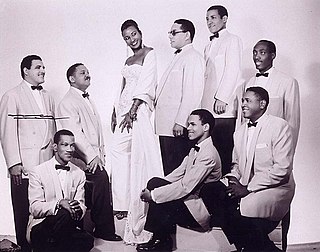
La Sonora Matancera is a Cuban band that played Latin American urban popular dance music. Founded in 1924 and led for more than five decades by guitarist, vocalist, composer, and producer Rogelio Martínez, musicologists consider it an icon of this type of music. Notable singers to have sung and recorded with the band include Bienvenido Granda, Daniel Santos, Myrta Silva, Miguelito Valdés, Leo Marini, Celia Cruz, Nelson Pinedo, Vicentico Valdés, Estanislao "Laíto" Sureda, Alberto Beltrán, Carlos Argentino, and Celio González.

Joaquín Rodrigo Vidre, 1st Marquess of the Gardens of Aranjuez, was a Spanish composer and a virtuoso pianist. He is best known for composing the Concierto de Aranjuez, a cornerstone of the classical guitar repertoire.
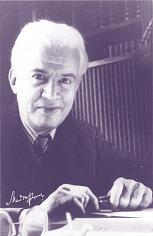
Manuel María Ponce Cuéllar, known in Mexico as Manuel M. Ponce, was a Mexican composer active in the 20th century. His work as a composer, music educator and scholar of Mexican music connected the concert scene with a mostly forgotten tradition of popular song and Mexican folklore. Many of his compositions are strongly influenced by the harmonies and form of traditional songs.

Carlos Prieto is a Mexican cellist and writer, born in Mexico City. He has received enthusiastic public acclaim and won excellent reviews for his performances throughout the United States, Europe, Russia and the former Soviet Union, Asia, and Latin America. The New York Times review of his Carnegie Hall debut raved, "Prieto knows no technical limitations and his musical instincts are impeccable."
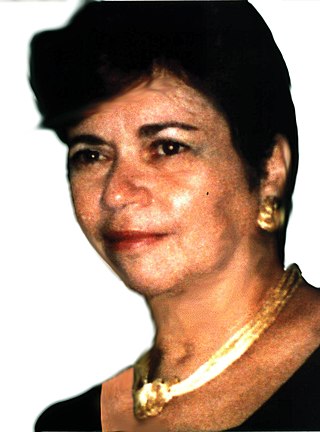
Doris Magaly Ruiz Lastres is a Cuban musician and composer. Her compositions have been performed at a number of international music festivals.
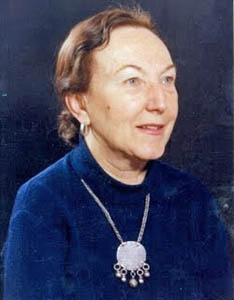
Matilde Salvador Segarra was a Spanish composer and painter.

Discos Qualiton was a record label, published by the recording studio Fonema S.A. A garage experiment in Rosario, Argentina in 1961, Qualiton would later become a major independent record label influencing a generation of artists, writers, musicians, poets, and filmmakers.
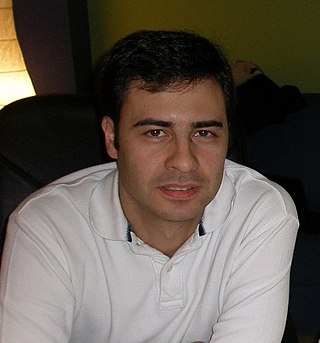
Alejandro López Román is a Spanish composer and pianist. Musician of eclectic style, his works cover both current symphonic composition like jazz or film music.
Luis Sandi Meneses, was a musician, teacher and composer.
José Bragato was an Italian-born Argentine cellist, composer, conductor, arranger and musical archivist who, in his early career, was principal cellist in the Colón Theatre orchestra in Buenos Aires, Argentina. Apart from his involvement in classical music he also performed for many years in a number of Ástor Piazzolla's Nuevo tango ensembles where his cello solos, which had never before featured in tango, put him in the vanguard of Nuevo tango from its birth in the 1950s. Since then he has done numerous and varied arrangements of Piazzolla's compositions.
Carlos Fariñas was a Cuban composer. He was one of the most important masters of the Cuban avant-garde in the 1960s along with Leo Brouwer and Juan Blanco.
Marcelo Koc was an Argentinian composer.
Flores Chaviano is a Cuban composer, guitarist, professor and orchestral conductor that has achieved great international recognition.
Efraín Amador Piñero is a Cuban guitarist, lutist, composer and professor. He has conducted extensive investigations about the “Cuban lute” and “tres” performance styles, and has created several methods of study and numerous compositions for those instruments.
Salvador Contreras Sánchez was a Mexican composer and violinist, a member of the Grupo de los cuatro.
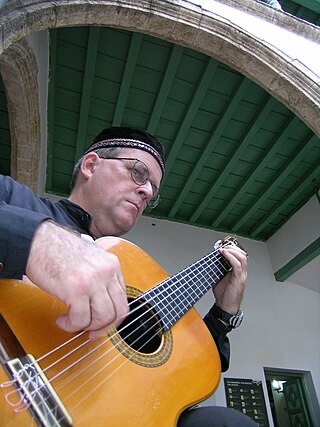
Luis Manuel Molina de Varona is a Cuban musician, concert guitarist, composer, arranger, musical director, broadcaster and radio producer.
Héctor Angulo was a Cuban composer who combined in his works the result of deep studies about Afro-Cuban folklore and the most modern techniques of musical composition.
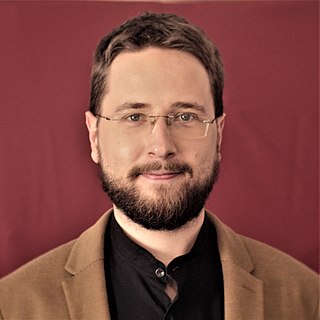
Bohdan Syroyid is a Ukrainian-born Spanish composer and Assistant Professor of Music Education at the University of Salamanca.
References
- 1 2 3 4 Carlos Malcolm: Orovio, Helio: Cuban Music from A to Z, DukeUniversity Press, Durham, U. S., 2004
- 1 2 Carlos Malcolm: CMBF Radio Musical Nacional: http://www.cmbfradio.cu/articulo.php?art=2639 Archived 2017-01-07 at the Wayback Machine